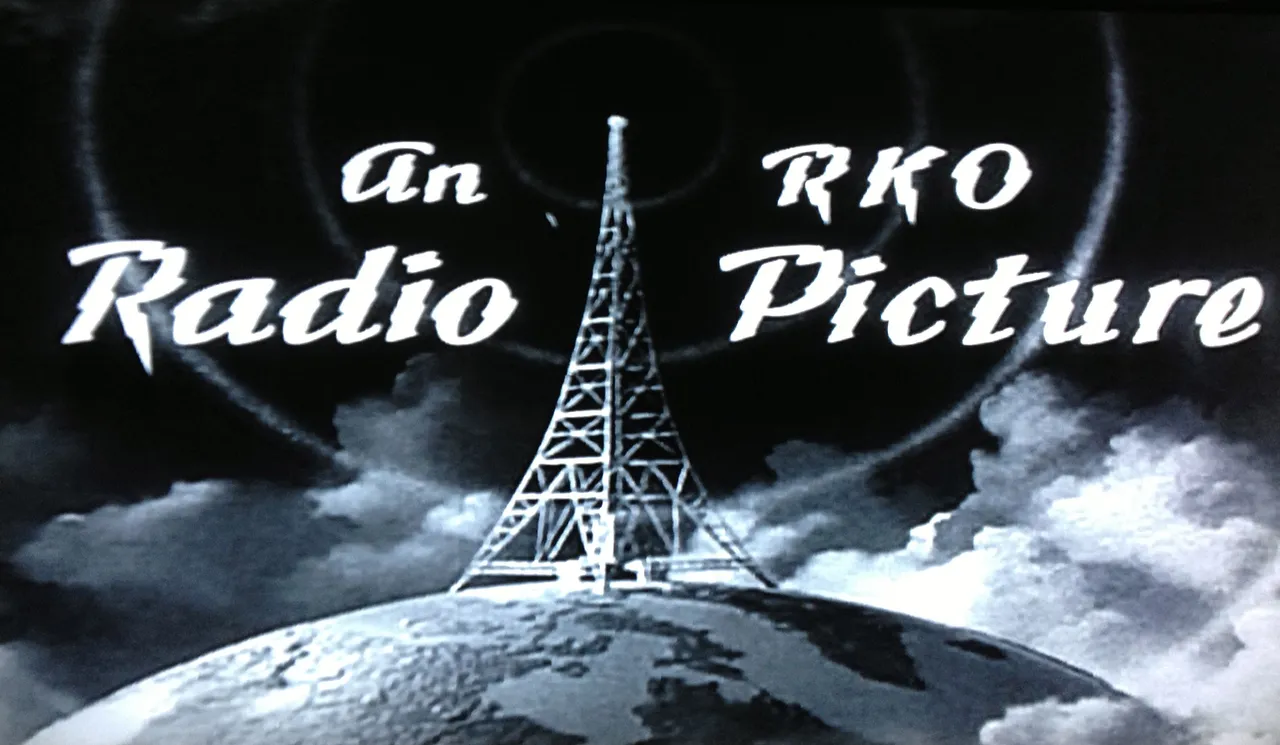
RKO Radio Pictures, Inc., commonly known as RKO Pictures or simply RKO, was an American film production and distribution company, one of the "Big Five" film studios of Hollywood's Golden Age.
Formation and Early Years
RKO was formed in 1928 by the merger of the Radio Corporation) of America (RCA), the Keith-Albee-Orpheum theater chain, and the American Pathé production firm. RCA executive David Sarnoff engineered the merger to create a market for the company's sound-on-film technology, RCA Photophone. Two years later, another Kennedy concern, the Pathé studio, was folded into the operation.
Golden Age Success
RKO enjoyed its greatest success during the 1930s and 1940s, producing a number of critically acclaimed and commercially successful films. The studio was known for its horror films, such as King Kong (1933) and "Bride of Frankenstein" (1935), as well as its comedies, including the Fred Astaire-Ginger Rogers musicals and the screwball classics "The Awful Truth" (1932) and "Bringing Up Baby" (1938). RKO also produced several notable dramas, such as Citizen Kane (1941) and "The Magnificent Ambersons" (1942).
Later Years and Legacy
Despite its early success, RKO struggled financially throughout its existence. The company was plagued by mismanagement, legal troubles, and a lack of consistent leadership under Howard Hughes. In the 1950s, RKO began to focus on producing television programs, and it eventually ceased film production in 1957. The company's library of films was sold to Desilu Productions in 1959, and the RKO name was discontinued.
RKO Radio Pictures left a lasting legacy on American cinema. The studio produced some of the most iconic and celebrated films of all time, and it helped to shape the development of several film genres. RKO's influence can still be seen in popular culture today.
Most Famous Films
RKO Radio Pictures, Inc. was an American film production and distribution company that was active from 1928 to 1957. It was one of the "Big Five" film studios of Hollywood's Golden Age, and it produced a number of classic films. Here are some of RKO's most famous and well-regarded films:
- King Kong (1933): This groundbreaking special effects film about a giant ape who is captured and brought to New York City was a critical and commercial success.
- The Wizard of Oz (1939): This classic musical film about Dorothy and her dog Toto who are swept away to the magical Land of Oz was a box office smash and has become a beloved holiday tradition.
- Citizen Kane (1941): This Orson Welles masterpiece is often considered to be one of the greatest films ever made. It is a complex and ambitious film that tells the story of the rise and fall of a wealthy newspaper magnate.
It's a Wonderful Life (1946): This Frank Capra film tells the story of George Bailey, a man who is contemplating suicide on Christmas Eve. Through a series of flashbacks, George is shown how his life has touched the lives of others, and he realizes that he has more to live for.
- Bringing Up Baby (1938): This screwball comedy stars] Katharine Hepburn as a free-spirited paleontologist and Cary Grant as a stuffy zoologist who is trying to retrieve a dinosaur bone from her. The film is known for its witty dialogue and fast-paced action.
- The Informer (1935): This John Ford-directed film is a dark and suspenseful drama about an Irish man who betrays his fellow revolutionaries to the British authorities.
- Gunga Din (1939): This action-adventure film stars Cary Grant as a British officer in India who must team up with two Indian men to defeat a rebel uprising.
- Notorious (1946): This Alfred Hitchcock-directed film is a spy thriller about a woman who is recruited by the American government to seduce a Nazi sympathizer.
- Out of the Past (1947): This film noir stars Robert Mitchum as a private detective who is haunted by his past.
- I Walked with a Zombie (1943): This Val Lewton-produced horror film is a slow-burning and atmospheric tale of a nurse who is sent to a remote Caribbean island to care for a woman who is believed to be a zombie.
These are just a few of the many classic films that RKO Radio Pictures produced. The studio was also known for its horror films, such as "Bride of Frankenstein" (1935) and "The Cat People" (1942), as well as its Fred Astaire-Ginger Rogers musicals, such as "Top Hat" (1935) and "Swing Time" (1936).